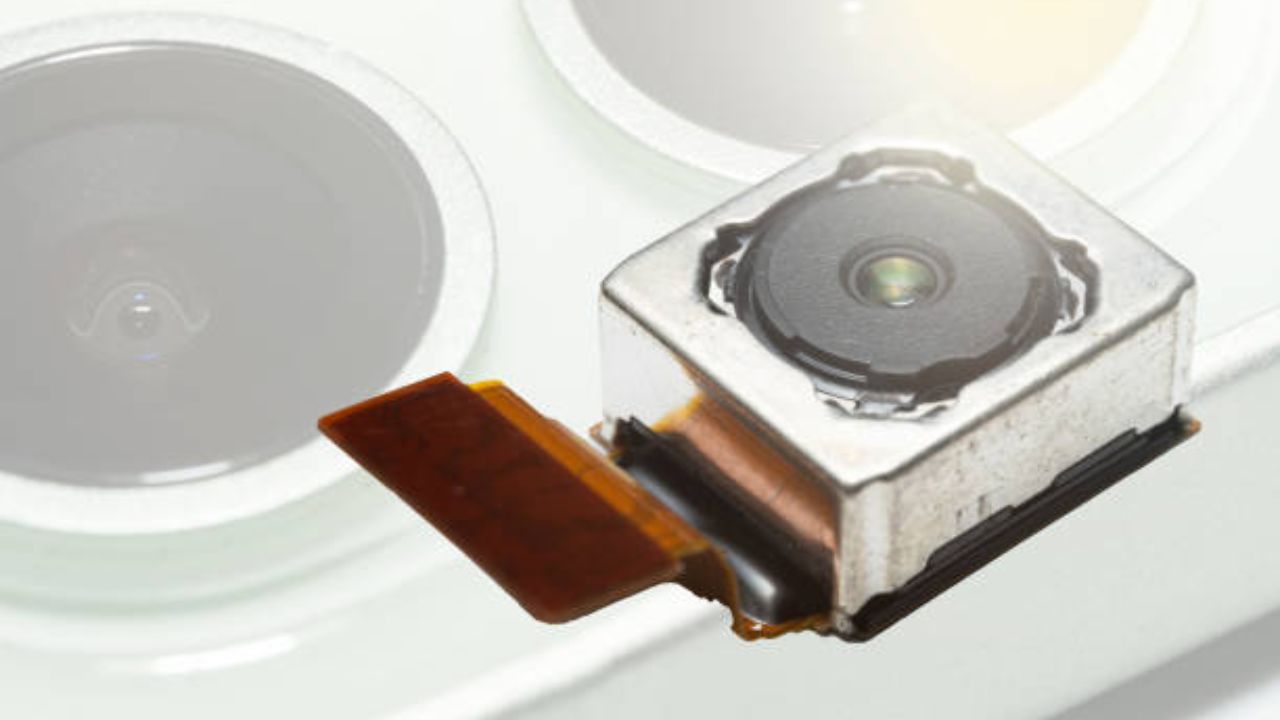Kayleigh shares articles on Society blog. She also blogs about her experiences in the workforce and how she set out to find a career she loved, which led her to work with an ethical employer. maemae believes that life is too short not to enjoy your job, and that there's no shame in pursuing a career you love!

The camera module is an important part of many electronic gadgets. These are the device’s tiny blocks that house the optical and electronic components needed to take both still photos and motion pictures. Understanding camera module types and definitions can help one understand advanced technology.
Definition of Camera Module
A camera module is a single part that is in charge of taking pictures or videos. It is also known as the camera sensor module or image sensor module. It consists of a lens, an image sensor, and additional parts like memory and processors. Compact in design, these modules are vital to the correct operation of gadgets like cell phones, security cameras, dashboard cameras, and more.
Technological Advancements
The enhancement of the camera module has been a significant shift in the imaging industry. Miniaturization has made it possible to develop small yet more effective modules that can fit into slim smartphones and compact IoT devices without compromising the quality of the images produced. Resolution has greatly improved and what used to be small modules is now capable of capturing high-definition images with even the smallest details. Advanced lensing and image stabilization features such as better lensing and stabilization systems make the images clearer and videos less shaky. As such advancements persist, the camera modules are expected to have a significant influence on the development of the future of digital imaging.
Types of camera module
Camera modules are categorized according to the type of application they are intended for. Camera modules in smartphones are standard, and they are mainly concerned with size, resolution, as well as additional features such as autofocus and image stabilization. Car camera modules meet the need for safety with durable constructions, large aperture lenses, and sometimes infrared for night vision. Surveillance camera modules are mainly designed for high-resolution imaging, and low-light capture, and may be equipped with motion detection and video analysis for security purposes. Medical camera modules are designed for specific devices such as endoscopes implying that they need to be small, easy to sterilize, and have high image resolution. This is particularly true for each type of camera module where each one is designed to cater to the specific needs of its particular application, proving the flexibility and advanced design of contemporary imaging hardware.
Future Trends
In the future, camera modules are believed to undergo further developments in computational photography, AI improvements, and the expansion of camera use in various products. Some of the areas of development that one can expect are enhanced low-light performance, better color reproduction, and better video recording.
Conclusion
Camera modules remain fundamental elements in today’s electronics as they provide a vast array of uses that affect almost every segment of human life. From recording special moments with hand-held gadgets such as smartphones to making sure that automobiles and structures are safer and more secure, their usefulness is almost limitless. These modules are still being developed in parallel with the progress of technology, and are expected to offer even more capability in the field of imaging technology. The constant advancement in camera modules proves that they are the key to the development of the further evolution of digital imaging and thus, the cornerstone of modern technology with the infinite possibilities yet to be discovered.
